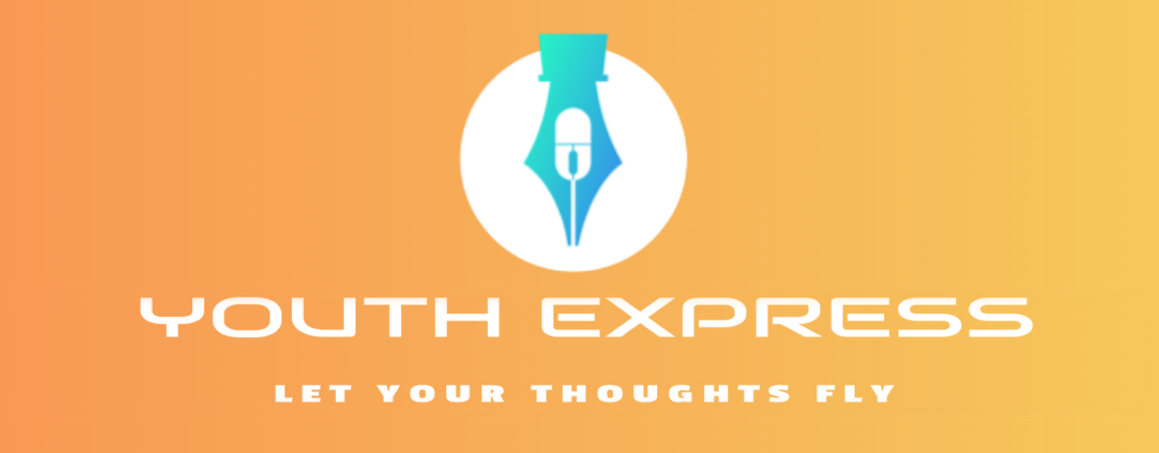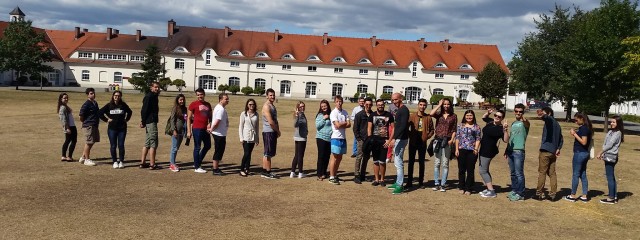Project “Explaining Europe” is a training course hosted in Krzyzowa, Poland. Activity was hosted between 4th and 11th of September 2015. Polish non-governmental youth organization “TDM2000 Polska” – organizers of the project, prepares a variety of international projects and training activities on predominant themes in the world. Representatives attended this training course were from 9 countries: Poland, Spain, Czech Republic, Romania, Malta, Bulgaria, Macedonia, Italy and Lithuania.
Training course “Explaining Europe” is design for youth workers, leaders and trainers from participating organizations on EU citizenship, the EU awareness, active participation, structure and decision-making process in the European Union.
Project themes – European awareness and active citizenship; Youth social and political activity. The project has used informal methods of education as brainstorming, simulations, role plays, group work, presentations, case studies, discussions and so on.
Participants from Lithuania represented by VŠĮ Inovacijų biuras (Innovation Office). Director Rasa Žilionė selected participants for these trainings. Three participants Ieva Diržytė, Leszek Jankowski and Gediminas Baktys came from different cities of Lithuania.
On the first day of arrival at the training location we met participants from other countries, and on the second day the participants performed a lot of activities: play ice-breaking, team building games; trainers presented goals of the project; discussed about expectations, set certain rules, NGOs held a fashion show. During the NGO`s fashion show all countries in various creative solutions (posters, masks, clothing, paper) presented the represented organizations. After the show organizations introduce themselves, their goals, projects.
Every evening there was the time for the self-assessment, during which each participant self-reflect on what he/she has learned, gave and receive during the training day. Self-evaluation gave way to realize available information more easily.
The project took 2 intercultural evenings where each country presents its own country: from traditional dishes to culture, communication and lifestyle aspects. Representatives of Lithuania treated the participants with baked homemade bread from Panevėžys, cheese and honey; as well as pork loins, sweets and Lithuanian mead drink. In addition, each country was handed a package of information about Šiauliai and Panevėžys cities, Šiauliai culinary heritage. Also, the 2016 calendars and bookmarks created by one of Lithuanian participants went into the hands of the participants. These cultural evenings helped to become familiar with different cultures, to discover the cultural similarities and differences and to get to know one another.
The fourth day was intense – we had to express our and friends opinion about the European Union, youth participation in social and political life, the EU programs aimed at the youngsters. These topics were discussed in different groups, and the similarities and differences were highlighted. Later, a group discussion was held on how they feel being in the EU, what is their activity and citizenship in it.
On the same day we had the European Parliament (EP) simulation, where each person received EU country belonging to the party role. The participants had to investigate and find out how the different countries parties sees a specific problem, in this case, migration, and bound by the Party, looking for a compromise package to put forward proposals on how to solve this problem. Then all the members gathered in the hall modeled EP, where played the EU anthem, expressed their visions of the problem and then “parties leaders” expressed the common opinion of the members of a proposal. Therefore, the adoption of a unanimous decision and vote for it is a complicated and lengthy process.
There were training sessions and also free time. During free time, the participants went to find out and look around Świdnica city or just for a shopping. It is rich city in tourist sites. It has an excellent market square and a nice history, and a memorable panorama of the city and the district from the church tower.
The other days were designed to answer the questions such as how to promote EU values, active citizenship. So the participants had to be creative on using voting, theater, business, and song development tools as methods of learning. These workshops were held in groups, so it was inclusive of all participants. It’s a good tool to look at the different situations through creativity. At the same time, the project leaders shared open resources used in youth work, such as the “Compass” – a tool for human rights education in youth work; “Salto Youth”- a mixed-formal educational website designed to work with them. These tools are used for youth leaders and youth workers across Europe.
The last day was dedicated to present Erasmus + program, it`s opportunities and perspectives. Participants also took part – they had to submit a project plan and implementation of the model, and discuss the pros and cons of the project. After all the training, we had to assess the organization of the project “Explaining Europe”, where each participant personally answered the questions and expressed the opinion in anonymous survey.
Within 7 days, the participants got to know each other closely, acquainted with different cultures, discussed about the EU’s values, their own and other view to EU; took part in the EP simulation; modeled, designed and analyzed in different ways, what are the active citizenship, Europeans face, the European Union. Participants went home with good emotions, promised to meet again.





